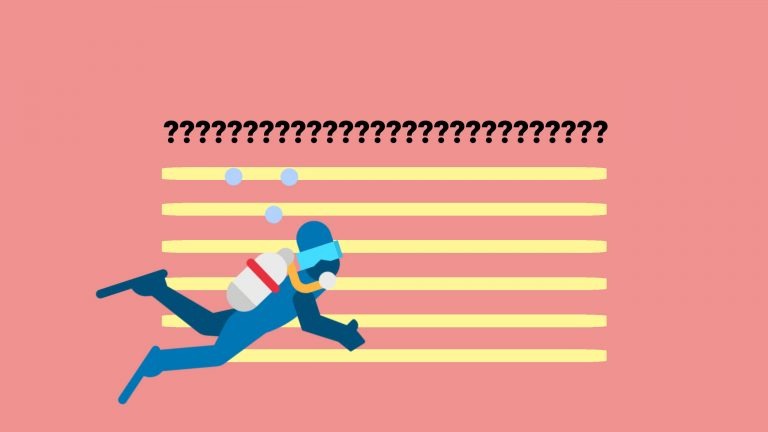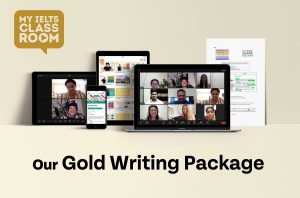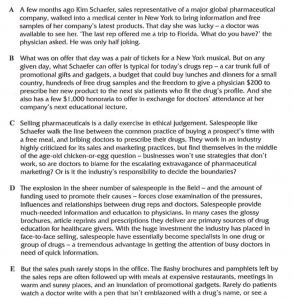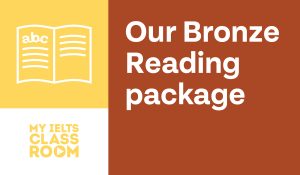
A deep dive into IELTS Matching Headings Questions
A deep dive into IELTS Matching Headings
Hopefully, you have already completed our Introduction to IELTS Matching Headings questions and so know the basic techniques for approaching these questions well. If you haven’t, I strongly recommend that you click on this link to complete the lesson now. Too many students rely on skimming or scanning to find the answers, or just reading the first and last lines of a paragraph.
Neither of those techniques work and will leave you feeling confused and frustrated
But, what do you do if you are already using good technique but still cannot find the correct answers? Well, you are definitely not alone. IELTS Matching Headings questions continue to be the most difficult for many students, which is why I have spent the last month analysing ALL of the headings questions from Cambridge books 6 – 16. I sat down, and went through all of books, typing out all of the headings to see if I could see any patterns in the type of language that IELTS uses in their headings.
And, guess what? I did! So, in today’s episode, Nick and I look at three techniques that you can use to help you improve your IELTS matching headings skills. As I said, this is not an introduction lesson, but a deep dive into the core skills that IELTS are testing. So, buckle up and prepare for the ride!
Below, you can find a summary of the episode, which includes all of the links to useful materials and the times of each part of the discussion (so you can go directly to the part you want to listen to) 🚀
Subscribe to My IELTS Classroom podcast on Apple podcasts here
Subscribe to My IELTS Classroom on Google podcasts here
Identifying the theme of the paragraph
The first thing that I noticed when I was typing out all of the IELTS headings was that there are certain “themes” that repeated again and again. Sure, the actual words of the headings change, but the type of information that IELTS asks you to search for often fell into the same 12 categories:
- Descriptions
- Opinions
- Comparisons
- Cause / Effect
- Change
- Problems
- Solutions
- Predictions
- Past Time
- Contrast
- Reasons
- Evidence / Research
Interestingly, these are the same categories or themes that you are asked to perform in the speaking and writing tests. In other words, what the reading task is asking you to do is identify the common factions of academic English! Look, for example, at the following five headings. They all come from different reading passages and use different lexis, but they are all essentially asking you to identify a solutions paragraph:
- Addressing the concern over increasing populations
- How a global challenge was met
- Taking all the steps necessary to change transport patterns
- How to achieve outcomes that are currently impossible
- Overcoming production difficulties
Now, I am not suggesting that ALL headings can be placed into one of my twelve categories, but many can. And, once you are able to spot these themes, you should find it easier to identify language inside the paragraphs that matches to one. In my experience, this is the key to moving from matching key words (which often cannot help to identify a heading) to matching the “theme” or “purpose of the writer (which will).
In today’s episode, Nick and I play a game to categorise different headings into the 12 themes. Here are the answers:
| Theme of Paragraph | Example heading |
|---|---|
| Description | Alternative sources of essential supplies |
| Opinion | Conflicting views of the three-wave theory, based on non-genetic evidence |
| Comparison | A healthier choice of food |
| Cause / Effect | Higher incomes need not mean more cars |
| Change | Increases in travelling time |
| Problem | Difficulty in recognising the economic effects of tourism |
| Solution | How a global challenge was met |
| Prediction / Future | A fresh and important long-term goal |
| Past | Initial improvements in mobility and transport modes |
| Reasons | Why our sense of smell is not appreciated |
| Advantages | The positive side of drugs promotion |
| Research | Evidence that a certain approach can have more disadvantages than advantages |
- Our GOLD IELTS writing packages contains everything you need to achieve a high score from video lessons and practice activities, to marking and live one-to-one lessons with a native IELTS expert. Find out more here.

Interpreting the Headings
Have you ever read a UK newspaper? If you have, you may have noticed that most articles start with a short headline that can be hard to read. This is because they often depend on word play and double-meaning to create jokes. In fact, there are whole Advanced lessons based on being able to understand the subtle language of newspaper headlines.
In the same way, although IELTS does not use jokes when writing their headings (god forbid that test-takers might have some fun!) they do often use summary words that have a specific meaning and may only be fully understood by students who are high-level. This is another reason why IELTS matching heading questions are so difficult –
if you don’t understand the words in a heading, it is unlikely uou will be able to match it to a paragraph!
So, what can you do i there is a word in a paragraph that you do not understand? Obviously, you can try to “read around” the word and use your logic to guess the meaning, but this is not always possible and is very time-consuming. My advice, therefore, would be to check that you understand the words and phrases that appear repeatedly in headings before you sit your exam. In the episode, Nick and I discuss these headings – do you know the meaning of all of the words in red?
- Alarm caused by unprecedented events in the Arctic
- Economic arguments fail to persuade
- The high cost of research
- Scientists call for a revision of policy
- Irrigation systems fall into disuse
- Addressing the concern over increasing populations
- Long-standing questions about prehistoric migration to America
- Questions about the causes of prehistoric migration to America
- Aviation disaster prompts action
- Two coincidental developments
- An oversimplified view
- Background to middle-years education in Japan
- Likelihood of life on other planets
- Assumptions underlying the research for extra-terrestrial intelligence
- Diminishing food resources
Interacting with the Passage
There is one thing that differentiates a good reader from an average one: interacting with the text. All too often, students approach reading passages like they are strings of words with no connection rather than meaningful paragraphs that are trying to convey a message.
Remember: The more that you interact with a text, the easier it will be to locate the heading.
One way that you can practice interacting with the text is using the headings to predict what you will read in the passage. I don’t mean using the headings to predict the content of each paragraph (which is what you should be doing before you read the passage). No, what I mean is using the headings to predict the “story” of the whole text.
- Which heading do you think could start the passage?
- Can you identify the extra headings?
- Do any of the headings logically follow from one another to build a story?
Obviously, this is not something that you will do in an exam! However, playing “predict the passage” is a great way of learning how to interpret headings and how to think about the overall meaning of each paragraph. Don’t believe me? Why not have a go yourself by practicing with this IELTS match reading from Cambridge 6, Test 4.
Step one is always to look at the title of the text:
Doctoring Sales
Pharmaceuticals is one of the most profitable industries in North America. But do the drugs companies’ sales and marketing strategies go too far?
This should give you some context for the headings. Clearly here, we are going to read a text about medical sales (and if you are very clever, you may also understand from the title that the text will not be very positive – we will discuss this more in the episode!) Now, take a look at the headings and see if you create your own “story” from them by imagining the information that might be presented in each one. Try to think about how each paragraph would link together.
i. Not all doctors are persuaded
ii. Choosing the best offers
iii. Who is responsible for the increase in promotions?
iv. Fighting the drug companies
v. An example of what doctors expect from drug companies
vi. Gifts include financial incentives
vii. Research shows that promotion works
viii. The high cost of research
ix. The positive side of drug promotion
x. Who really pays for doctors’ free gifts?
Now read the text and see if your predictions were right! More importantly, did you find the text easier to understand and the headings easier to match after you had spent some time making predictions with them? I think you should! Write your answers in the comments for me to check 👇👇👇


Would you like expert help to improve your IELTS reading score?
We offer a 5-day intensive course for IELTS test-takers every month that covers all aspects of reading from how to approach every type of question to how to “read one, read well” to manage your time more effectively. Even better, with every course having no more than 8 students and being run by an ex-examiner, you will be getting personalised advice that is guaranteed to help you to improve your score.
Find out more about the course and how it can help you hit your target score here.

